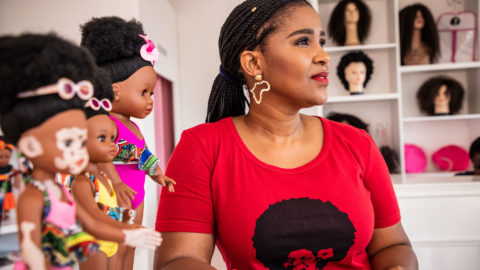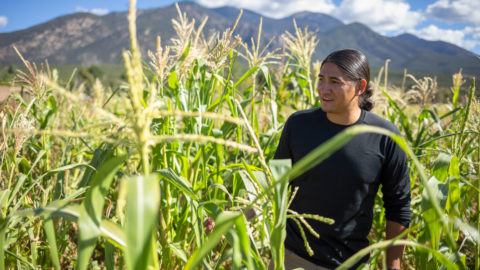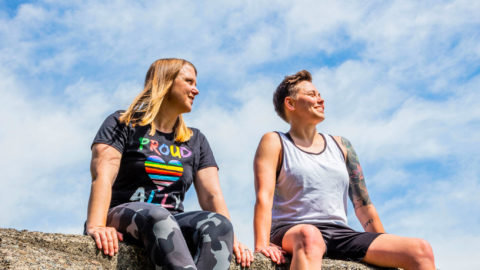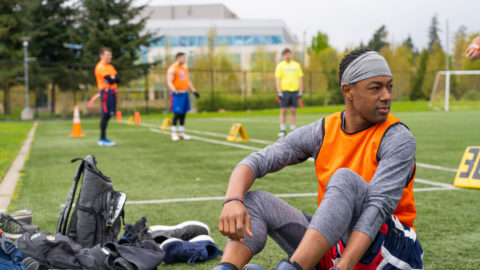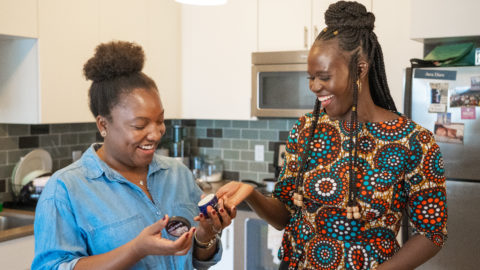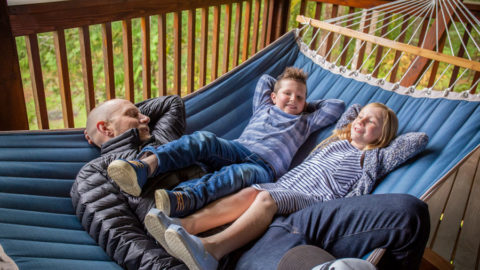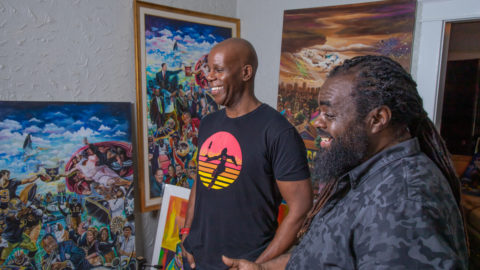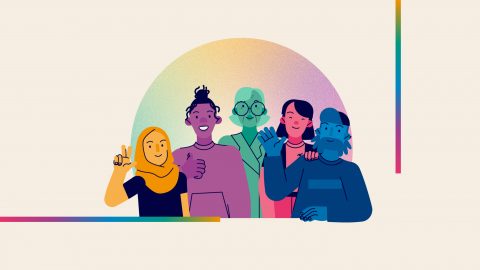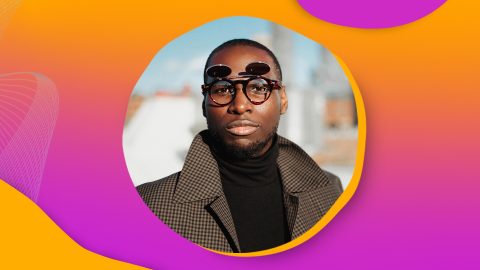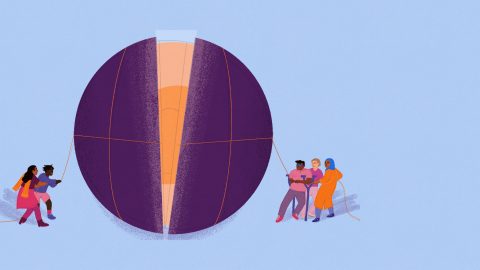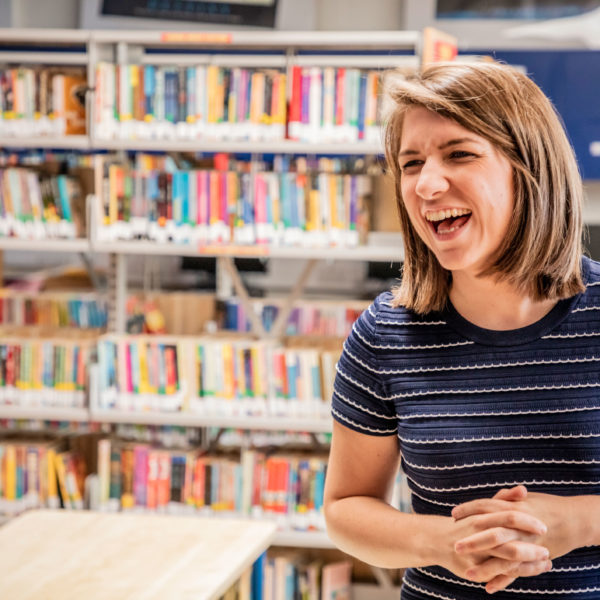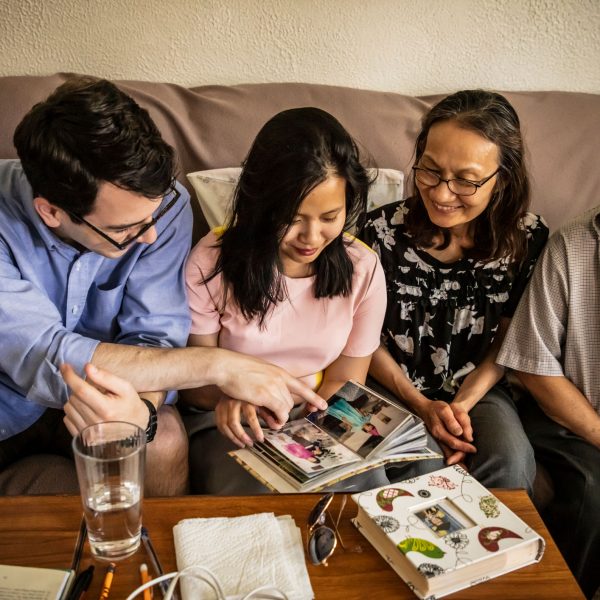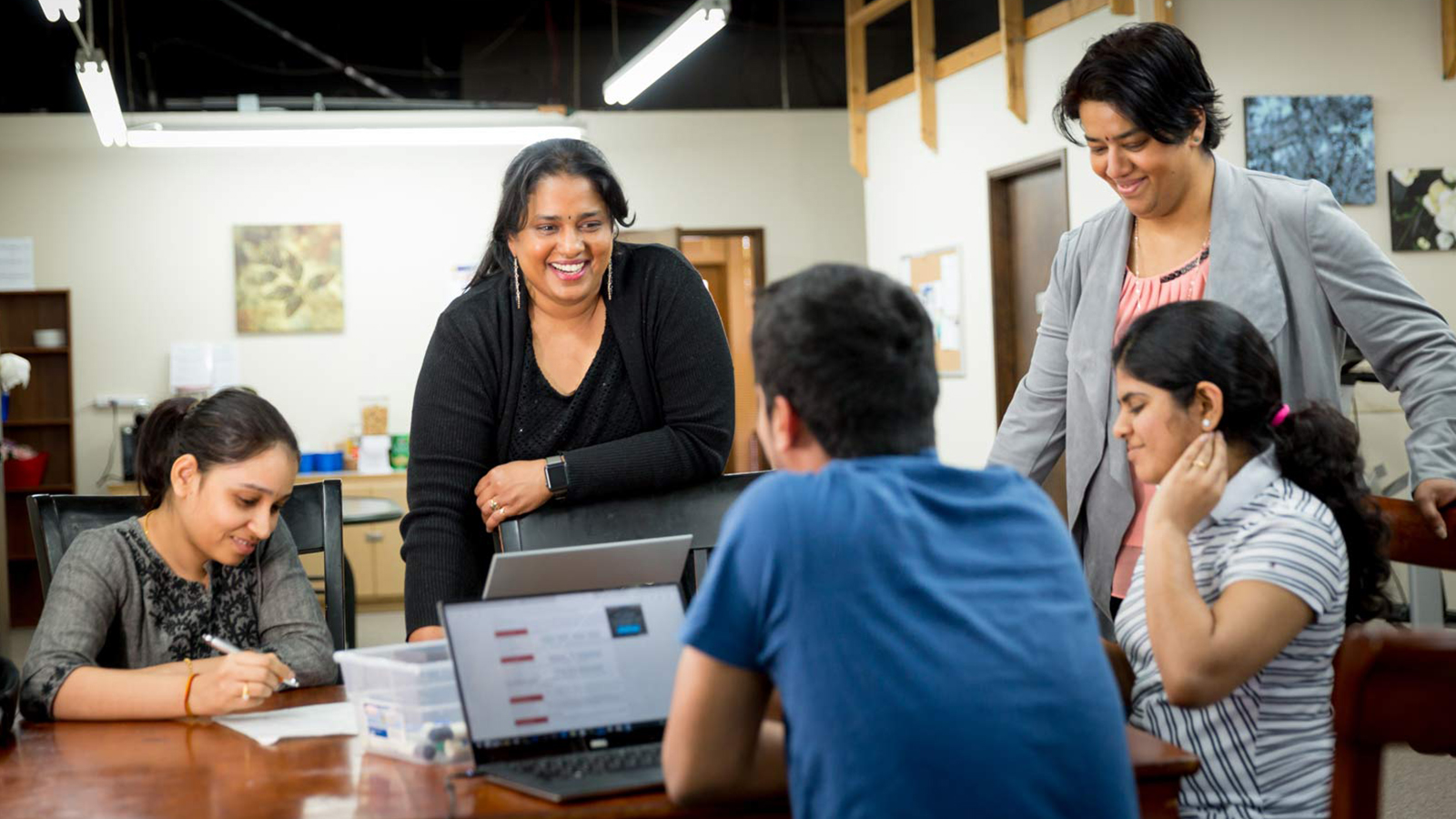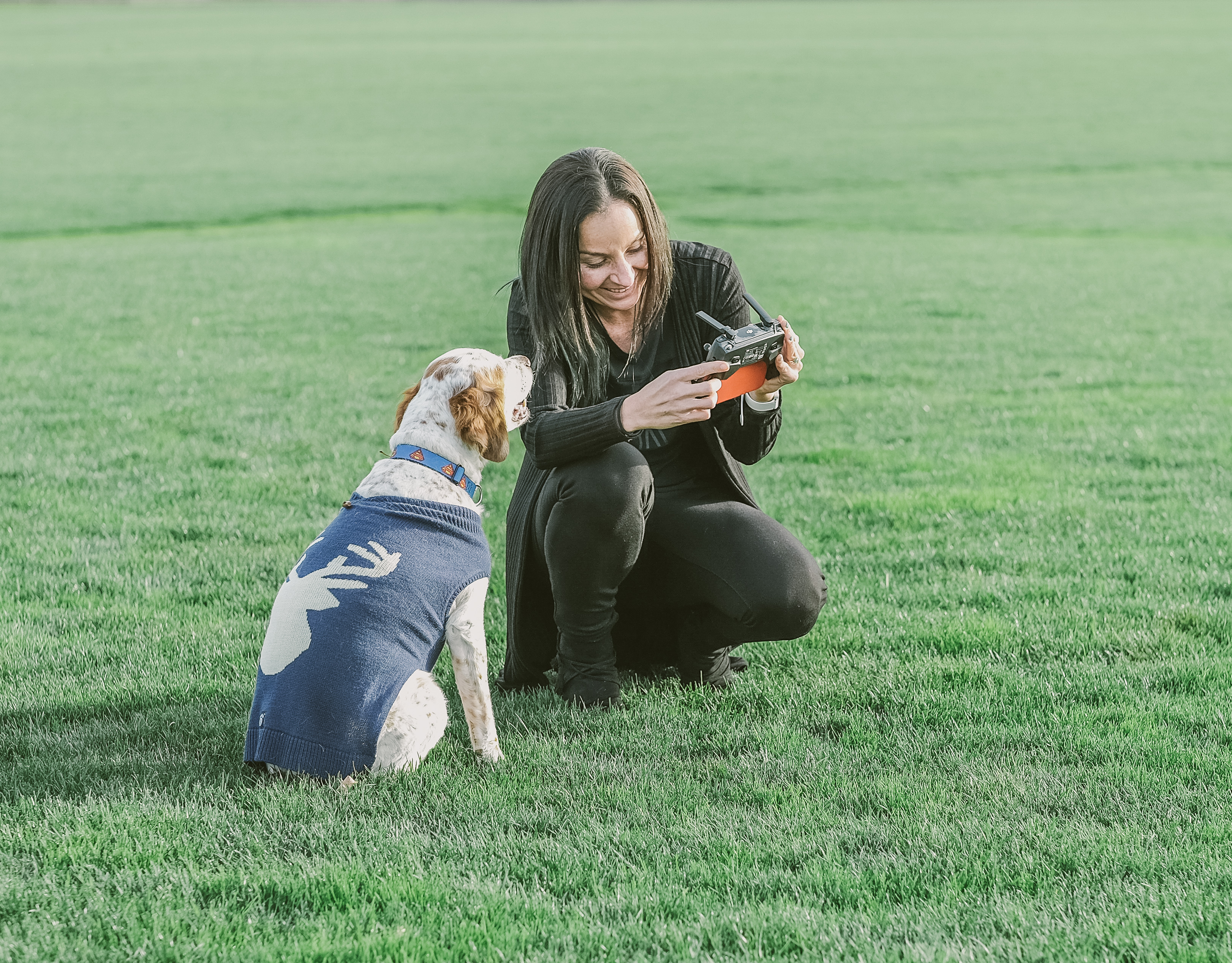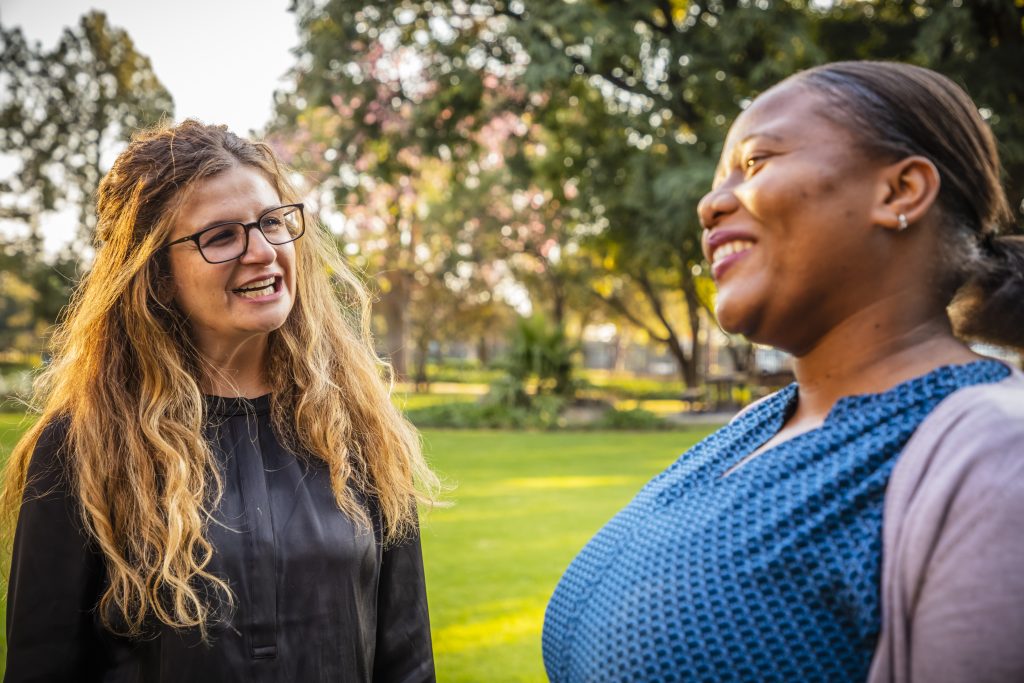
“I wonder how my mother’s life might have been different.”
Moved by her mother’s personal story, Natassia Katopodis helps young women see their own futures.
My mother grew up in a rural village in Greece in the 1950s. At that time, the young women in her village weren’t typically educated beyond reading and writing—enough to write their names and read a contract. Then, they were married off—and typically had no choice who they would marry.
My mother was fortunate that she married my father, who is a courageous, compassionate, and amazing individual. But when I have conversations with her, I often wonder . . . if she had the choice to pursue an education or if she was financially independent, how might have those opportunities influenced the choices she made for herself?
Times have changed in that little rural village in Greece. Women have choices now. But where I live—in South Africa—and across Africa and the Middle East, there are still communities where my mother’s experience is the status quo. I imagined how I could be part of changing that.
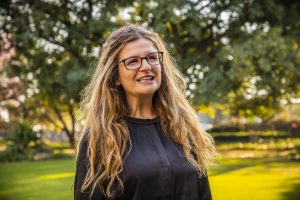 And that’s how I got connected with the DreamGirls Academy, an organization founded by three women—absolute trailblazers—who believe reaching teen girls early can rewrite futures. If we can empower just one young woman to become self-sufficient, then she can go on to empower her community.
And that’s how I got connected with the DreamGirls Academy, an organization founded by three women—absolute trailblazers—who believe reaching teen girls early can rewrite futures. If we can empower just one young woman to become self-sufficient, then she can go on to empower her community.
In partnership with Microsoft and DigiGirlz in South Africa, DreamGirls also helps girls and women pursue digital skills through events like coding workshops—showing them what careers are available. In a recent workshop, 87% of the girls admitted that they didn’t know that these types of careers existed—that they thought technology was something you only read about in books. After just a one-day workshop, these girls were seeing a different future.
I feel truly blessed to have a community at Microsoft that gives me access to leaders who serve as my mentors, as well as the opportunity to mentor other women by participating in Women at Microsoft. That’s what makes Microsoft’s mission of empowerment meaningful to me. I can empower women and girls—and I don’t have to do it in isolation because I’m connected with others who share the same purpose. My heart fills with so much joy when I think about it.
—Natassia
Katopodis, Johannesburg, South Africa


